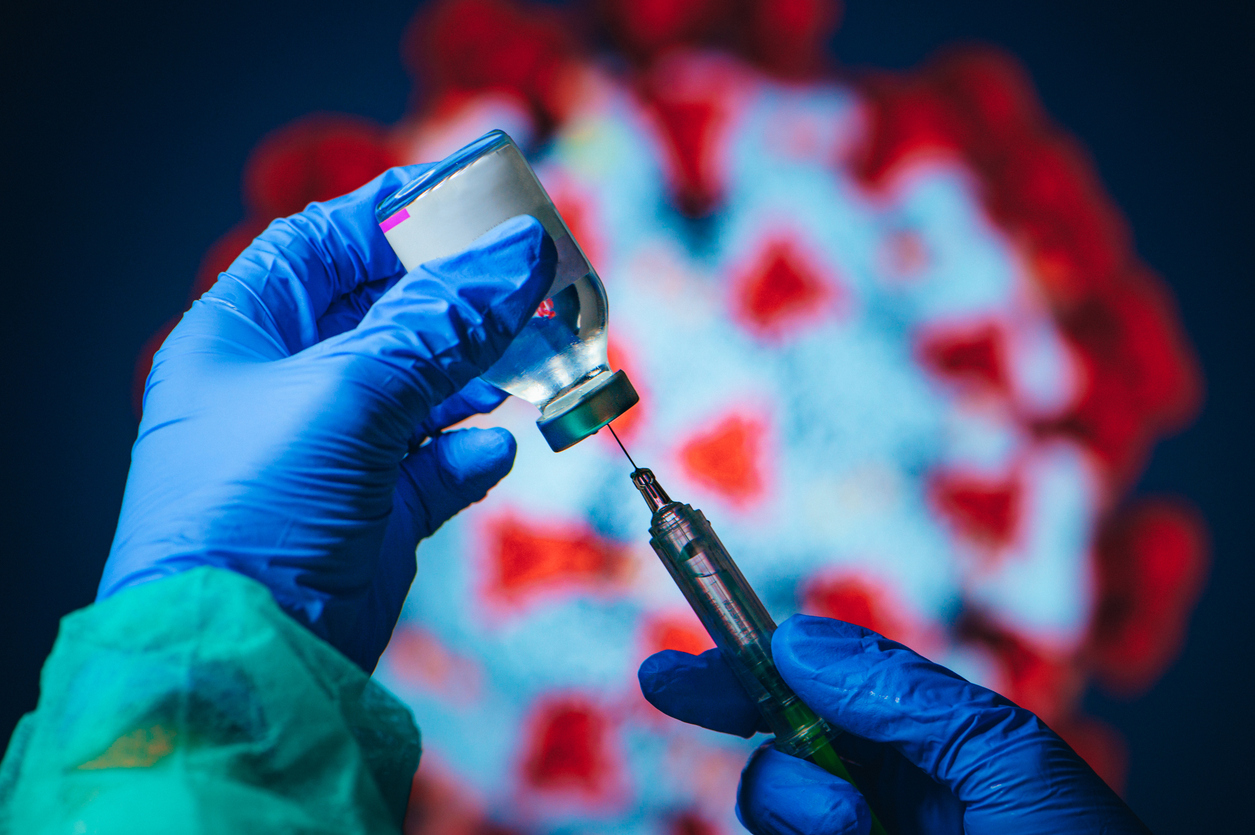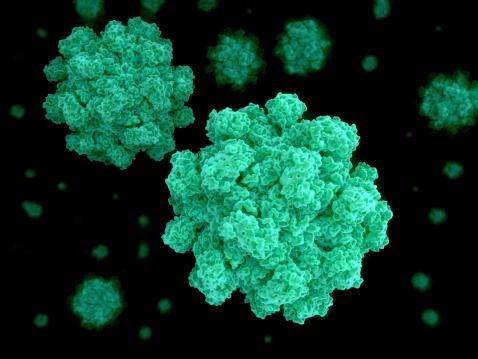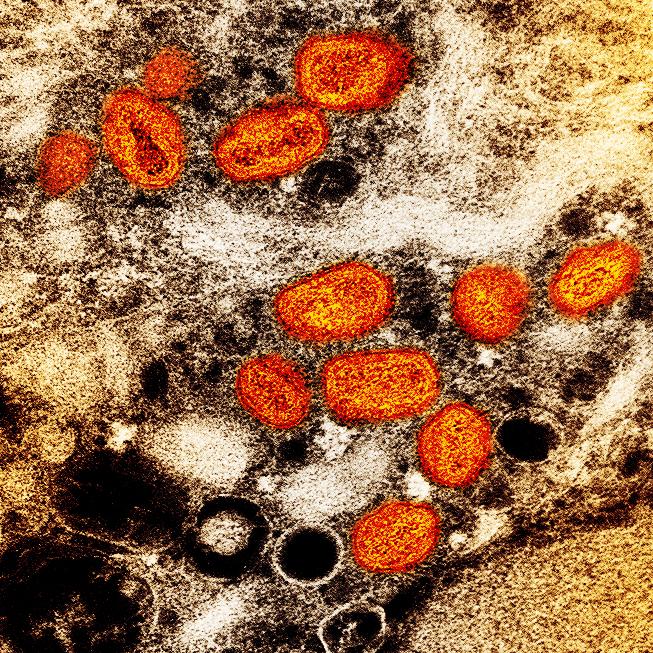
Receiving a prior COVID-19 vaccine did not prevent the immune system from producing protective responses to either Delta or Omicron virus strains, according to a new study in Nature Immunology. The findings are promising and suggest that, despite a drop in antibodies for mutated parts of the virus, vaccination offers ongoing protection from severe disease.
The study, conducted by researchers at the University of Arizona College of Medicine and their US colleagues, could help better inform booster strategies in the face of an ever-changing virus, the authors said.
The overall protective response is much, much higher than in those who were unvaccinated when infected.
"We found that even though new responses to the mutated parts of the virus are down a bit in vaccinated people who get infected, the overall protective response is much, much higher than in those who were unvaccinated when infected," said senior study author Deepta Bhattacharya, PhD, of the University of Arizona Health Sciences, in a university press release.
Neutralizing antibodies greater in vaccinated
The study compared type-specific B-cell responses in 12 unvaccinated and 37 vaccinated patients who had Delta or Omicron BA.1 SARS-CoV-2 variant infections. All vaccinated participants gotten the original vaccine targeting wild-type SARS-CoV-2 and had been infected with COVID-19 sometime from July 1, 2021, to December 1, 2021.
In general, neutralizing antibodies tested 90 days after infection were greater in participants who had been vaccinated before their variant infections than in those who had been vaccine-naive and had primary variant infections.
Delta-specific antibody production, however, was slightly reduced in those who had previously been vaccinated. But the effect was limited, as vaccinated participants still had a stronger protective antibody response to the Delta virus.
"What was really interesting is that even people whose very first exposure was to Delta or to Omicron, so there's no prior immunity at all, were making very poor responses against the mutant parts of the virus," said Bhattacharya.














